
Rape Investigation of Julian Assange Ends After Nearly 7 Years
Swedish prosecutor Marianne Ny said Friday that she is dropping the investigation into a rape claim against Julian Assange, the notorious WikiLeaks founder whose information sharing played a key role in exposing corruption within the Democratic Party during the months leading up to the election.
“Detained for 7 years without charge…while my children grew up and my name was slandered. I do not forgive or forget,” tweeted Assange after the announcement.
It all started in 2010, when WikiLeaks published a massive archive of military and diplomatic files leaked by Chelsea Manning. That same year, Sweden issued an arrest warrant for Assange after two women accused him of rape. Assange was detained by British police in December 2010, but was freed on bail.
Assange spent the next 18 months fighting against extradition to Sweden. In May 2012, the UK Supreme Court upheld the decision to extradite Assange.
The Australian hacker fled to Ecuador’s embassy in London, fearing extradition to Sweden would led to extradition to the United States, where he would be forced to answer questions about WikiLeaks.
“This is a total victory for Julian Assange. He is now free to leave the embassy when he wants,” said Assange’s lawyer.
“While today was an important victory and important vindication, the road is far from over,” said Assange. “The war, the proper war, is just commencing,” he said in regards to his ongoing legal battle.
Despite the close of the rape investigation, Assange may still be trapped in the embassy. London’s police force says it could arrest him on the charge of failing to surrender to a court, which is punishable by up to one year in prison.
Ecuador is hoping to facilitate Assange’s safe passage out of Europe. “Ecuador will now be intensifying its diplomatic effort with the UK so that Julian Assange can gain safe passage in order to enjoy his asylum in Ecuador,” said Ecuador’s foreign minister Guillaume Long.
Meanwhile, the UK has refused to say whether it has received an extradition warrant form the United States – where Assange could face espionage charges linked to WikiLeaks’ publishing activities.
President Donald Trump has stated that he would support any decision by the DOJ to charge Assange, and Attorney General Jeff Sessions has called arresting Assange a “priority.”
Editor’s note: This could be tricky for Assange, but one major hurdle is out of the way. I’ve never been a huge fan of Wikileaks, but I must say they have made some startling revelations. Starting enough that I believe the charges have always been a ruse. At this point, to silence him would be a huge injustice.



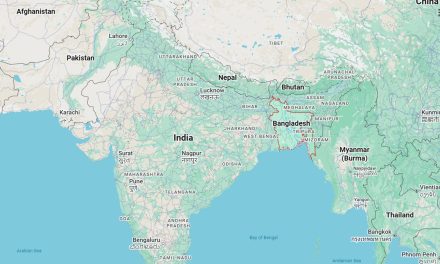


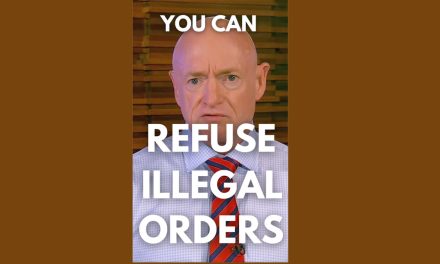




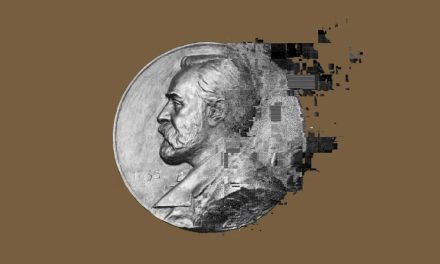



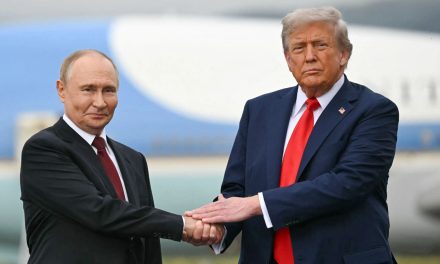
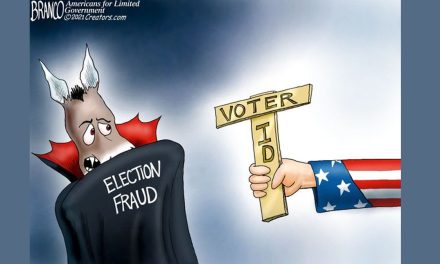





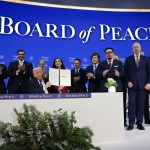





Dunger you don’t have to worry. Nobody is threatening you or your comrades Just don’t start any shit a there…
Federalizing the elections means honest and fair elections and ensuring non-citizens participating in the privilege afforded to legal citizens.
Long story to dance around the one-word truth: INCOMPETENCE.
You got a point, Michelle. I would have passed on the half-time show for snacks n meal, but the hoopla…
Dungle Tom: glad you read the piece, read again. Actually, as I wrote, the girl-bites-dog story is in the files,.…